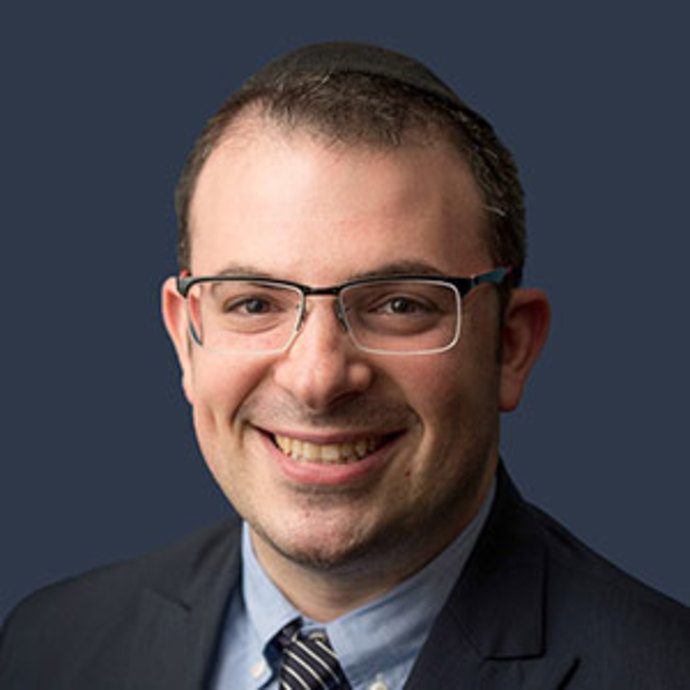When Rabbi Ari Lamm posted a first 25-post thread on Twitter with a lesson in why one should read the Bible in Hebrew, he was doing it out of personal inspiration and not for anyone else. But a few hours later when he opened up the social network, there were more than 1,600 likes on the thread, and it had reached close to 400,000 people.
A week later he tried again and got almost the same response.
“People were reading and appreciating the Torah, writing to me with questions and tagging me - from serious Bible professors at universities to rabbis,” Lamm, CEO of Bnai Zion, told The Jerusalem Post. “It was a crazy thing.”

Six or seven “Why read the Bible in Hebrew” posts later and Lamm knows he is on to something.
The posts are being read by a diverse audience, of which he assumes around 80% are Christians and the rest Jews and everyone else. He is also getting recognized and re-tweeted by “people I dreamed of meeting but never had access to in the past.”
It all started when the rabbi was asked to teach a biblical Hebrew class by friend and colleague Zena Hitz, who runs a “learning for its own sake” program called the Catherine Project. The program offers adults interested in learning almost anything to be paired with other interested students and top professors or teachers to learn the subject. This can range from the philosophy of Soren Kierkegaard to the history of mathematics and really anything else.
Lamm had met Hitz and hosted her on his podcast in the past. So, when she needed a biblical Hebrew teacher, she came to him. Lamm had never taught biblical Hebrew, but he figured he could manage.
After aligning on a textbook that his elementary school-aged daughter uses in Jewish day school, the class took off. Mostly Christians enrolled in the class. Some are serious and prominent academics in the humanities who just wanted to learn Hebrew, while others are retirees or professors in the STEM fields.
“We have rocketed ahead,” Lamm told the Post. “People went from not knowing the aleph bet to deciphering verses and even discussing Rashi’s commentary on the text. They delve into the literary structure, as well, and talk about why it is important to study the text in its original language.
“These are people who know the Bible, probably better than the vast majority of Jews,” Lamm said, “but they know it in English. Now, they can see the actual Hebrew, the nuances, artistry and literary brilliance of the text.”
It was after being inspired in one of the classes that he wrote that first Twitter thread. Now, he understands what hunger and thirst there are for this kind of learning.
“Why Read The Bible In Hebrew? Today's example is from one of the Bible's most moving verses—Rachel crying for her children in Jeremiah 31:15,” Lamm tweeted recently. He then unpacked the meaning of the Hebrew word b’Ramah as it pertains to the story of the Jewish mother Rachel. Eventually, he explained that Rachel is associated with the city of Ramah because it is the birthplace of one of her descendants, Israel’s first king, King Saul, and the place in the Book of Samuel where he felt he was (righly or wrongly) degraded by Leah’s children.
“From the perspective of Genesis, this is a story about Leah's children humiliating Rachel's and taking his throne,” the rabbi explains in tweet 13. He then goes on to unpack how this all connects to Jeremiah and brings about an important life lesson.
“We all encounter people on a regular basis whom we feel have wronged us. We may even be justified in thinking so,” Lamm wrote. “At times like these, let's remember Rachel's example. Let's extend kindness and generosity to others not just when it's easy, but even when it's difficult.”
Lamm said he will definitely keep tweeting and soon, he hopes to turn the threads into a book.
This article was written in cooperation with Bnai Zion.
